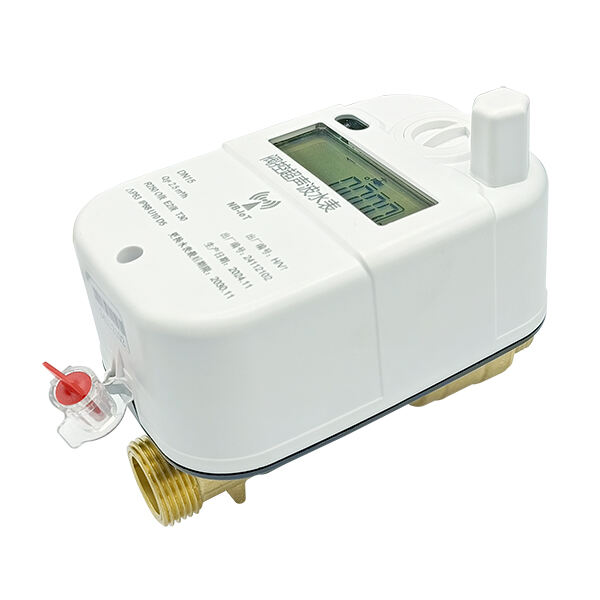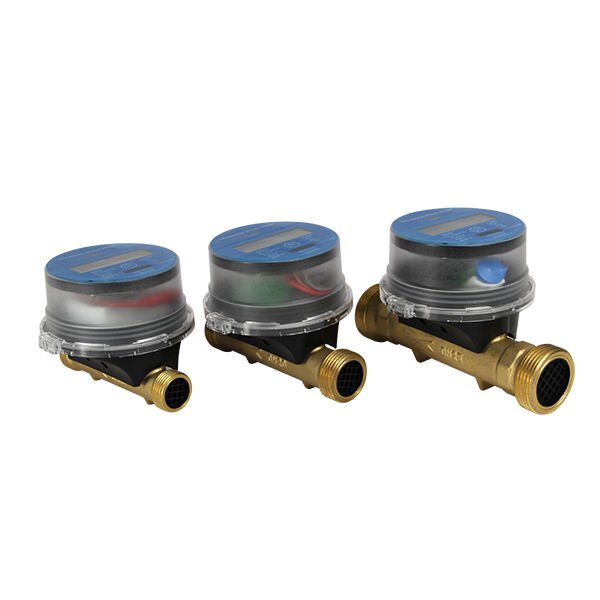Promotes Energy Efficiency
By providing detailed data on heat usage, heat meters enable building managers and users to identify inefficiencies in heating systems. This information can be used to optimize system performance, reduce energy waste, and lower operational costs in the long run.

